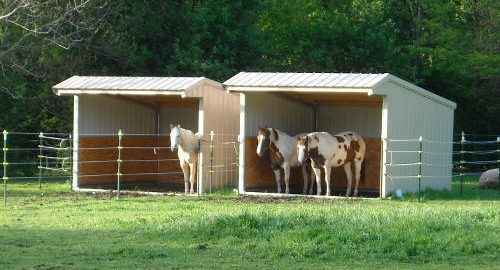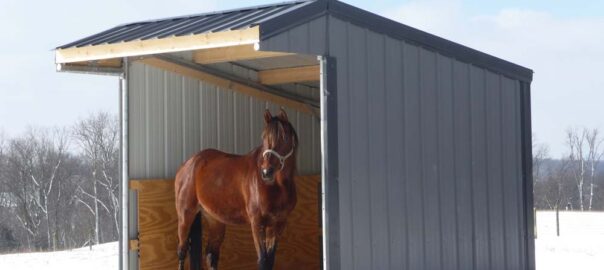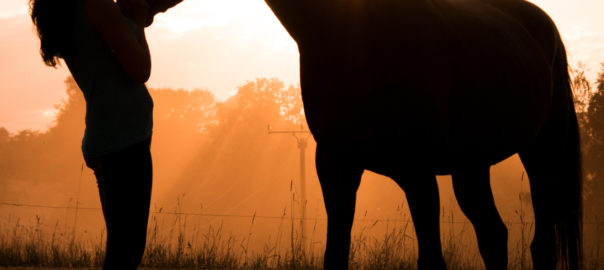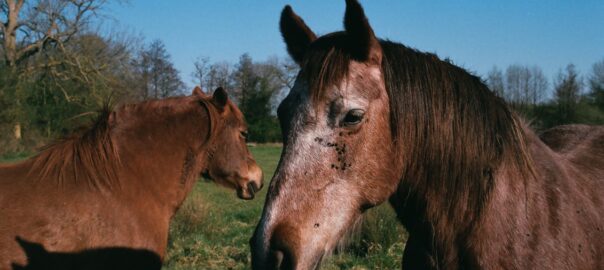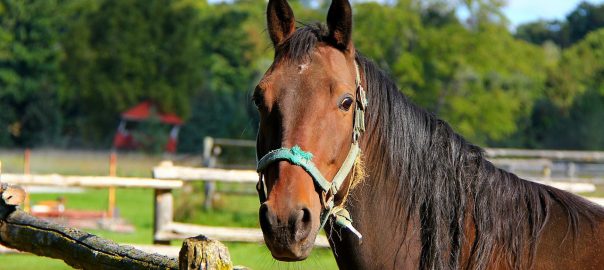The temperatures are rising, the sun’s out, and we don’t have to worry about the snow anymore. Spring and summer are on their way! Without proper preparation, warmer weather can lead to dehydration, lethargy, and added stress for your horse. As the weather continues to get nicer, here are some tips and reminders for getting your horse re-acclimated to the warmer temperatures.
- Take it Slow – Your horse just spent several months taking it easy as we waited out the cold winter. The worst thing you can do is jump right back into the saddle (literally) and expect to train as usual. Slowly incorporate more riding time throughout the next few weeks. The heat can be especially fatiguing even without physical activity involved. It is important to monitor your horse to ensure they acclimate to the physical activity and the heat well before increasing riding time.
- Prepare for Bugs – Everyone likes being outside when the weather is nice, including bugs. Besides being annoying, insects can carry diseases and irritate your horses. Make sure to treat outdoor horse shelters and portable shade structures for insects to keep them away.
- Provide Shade – If your horses are outside most of the day, provide some form of shade for them to escape the hot sun. Run-in shelters and portable shade structures are great ways to offer shade for your horses away from the barn. Run-in shelters are also great at keeping your horses dry during spring showers and summer rain.
- Electrolytes and Cold Water – Make sure you are changing their water frequently as it can warm easily in the sun. Not only do horses not like warm water, but it can also pose health concerns if left for too long. Make sure you provide them with cool drinking water that is easily accessible. Drinking water isn’t enough to maintain healthy horses when the temperatures are hot. Make sure to provide a source of electrolytes, too, like a salt block for added minerals.
Even if you follow all these tips, make sure to closely monitor your horses in hot weather as heat stroke can sneak up on them. If you are concerned that your horse could be suffering from heat-related issues, bring your horse into a cooler environment and contact your vet.
